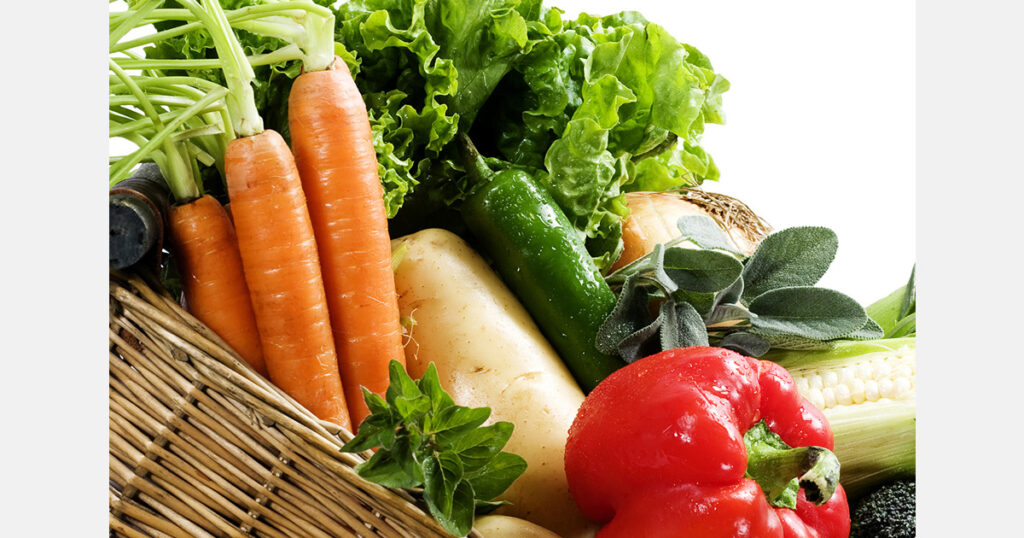Namibia and Botswana have imposed a ban on South African citrus and vegetables, extending it until 2025. This decision aims to encourage local production and reduce reliance on South African imports, which are significant due to South Africa’s status as a major food supplier in Africa. South Africa’s agricultural exports in 2023 amounted to US$13.2 billion, with the African continent representing about 40% of this figure. Both Botswana and Namibia are part of the Southern African Customs Union (Sacu), which promotes free trade, making the ban controversial in terms of Sacu’s trade ideals.
Botswana’s President, Dr Mokgweetsi Masisi, stated on Twitter (X) that the ban is intended to bolster local farmers and the economy by promoting self-sufficiency. In support of this initiative, Botswana introduced the “Impact Accelerator Subsidy” scheme, and Namibia has implemented similar programs for vegetable farming. Critics, however, argue that these bans conflict with the principles of the customs union and could disrupt the regional value chain and economic stability. Agricultural economists express concerns over the financial impact on South African farmers and the potential increase in prices for consumers in Botswana and Namibia due to restricted trade.
Senior agricultural economist at FNB, Paul Makube, described the move as protectionist, highlighting that it disrupts market mechanisms and could hinder intra-African trade integration efforts. He emphasized the need for engagement and mediation over retaliation and stressed the importance of communication between Southern African countries to ensure the stability of the agricultural sector.
Source: BusinessTech
Publication date:
Fri 18 Oct 2024
Source link : https://www.freshplaza.com/north-america/article/9670080/ban-on-south-african-citrus-and-vegetables-by-namibia-and-botswana-sparks-debate/
Author :
Publish date : 2024-10-18 12:00:20
Copyright for syndicated content belongs to the linked Source.
